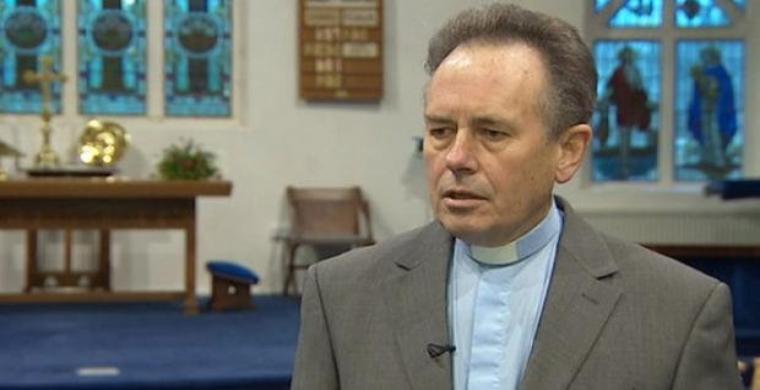REFORM Leader writes to members in response to York General Synod on Women Bishops Passage
By Rod Thomas
www.virtueonline.org
July 17, 2014
Dear Member of Reform
You will have been saddened, but probably not surprised, by the General Synod’s vote last Monday on women bishops. This was the logical outcome of the decision in 1993 to enable women to be ordained to the presbyterate in the Church of England. That decision prompted the formation of Reform and since then we have actively sought to urge the Church to reform herself under the authority of the Word of God.
Over the last 10 years we have worked hard both to resist the introduction of women bishops and to offer ways in which appropriate provision could be made if the Church of England insisted on going down this path. Regrettably none of our proposals were accepted and we are now faced with a prolonged period of uncertainty about the ways forward for our congregations.
However, we can continue to minister to each other and our wider communities with confidence because God’s Word hasn’t changed. Article 20 says that it is not lawful for the Church to ordain any thing that is contrary to God’s Word written and no vote of General Synod can alter the clear teaching of Scripture. We continue to rejoice therefore in the way God has ordered relationships between men and women in the families of both home and church. This reflects the ordering of the Trinity, where The Father and Son love each other, yet this love is expressed asymmetrically. The Son’s love is marked by a willing and joyful submission to his Father’s will, as when Jesus says, “I love the Father and that I do exactly what my Father has commanded me” (John 14.31). Furthermore, although the Son is fully God, he ultimately submits for eternity to his Father (1 Corinthians 15:28)
Similarly, men and women are equal in God’s eyes (Galatians 3:28) yet have different roles in family life. In our relationships, we model what is true of our loving God. This appears to be Paul’s starting point in 1 Corinthians 11.3: “Now I want you to realise that the head of every man is Christ, and the head of the woman is man, and the head of Christ is God.” Further, the Divine ordering of men and women was God’s clear intention at the very beginning of human creation (1 Corinthians 11:8). As a result, the responsibility for teaching and leading rests with men (eg 1 Timothy 2:12). Male headship no more demeans women than it demeans Christ under the headship of his Father – which is clearly impossible in the perfect love of the Trinity. So from God’s first purposes in creation to his ultimate salvation, headship and submission are taught and modelled.
It is going to be our privilege to teach and model in the lives of our churches these great truths. How we do that is something we will be discussing over the next few months. The House of Bishops’ Declaration says that it is committed to our flourishing and that our understanding of ministry remains within the spectrum of Anglican teaching and tradition. The Declaration contains five guiding principles, in which the fourth recognises that we will be unable to accept the ministry of women bishops or priests. We will, therefore, need to press these points as we seek appropriate oversight. In this context we note that the Declaration assures us that a conservative evangelical bishop will be consecrated within the Church of England who can provide episcopal ministry that accords with our theological convictions.
So what should we do next?
First, we will be gathering on 22nd September at the ReNew conference to consider our strategy for the future. Our focus will be on growing Gospel ministry through local Anglican churches. Part of our job will be to ensure that in Reform we stand together, especially with those who consider the provision in the House of Bishops’ Declaration inadequate.
Secondly, we will in the next few weeks seek to help PCCs think through both whether they consider themselves able to act on the new provision in the House of Bishops' declaration and, if they do, what might be involved. As you know, the Declaration allows parishes to gain access to appropriate episcopal ministry by passing a formal resolution. The process is supported by a legally established Disputes Procedure with an Independent Reviewer. We will be making preliminary guidance available over the summer. The guidance will be ‘preliminary’ because PCCs will undoubtedly raise issues over time that will need to be covered in a future publication.
So, now that the vote has happened and the Church of England is set on the course of introducing female bishops, let’s once again take courage from the words of Scripture: ‘Be watchful, stand firm in the faith, act like men, be strong. Let all you do be done in love.’ (1 Cor 16:13-14).
With love in His service,
Rod Thomas














